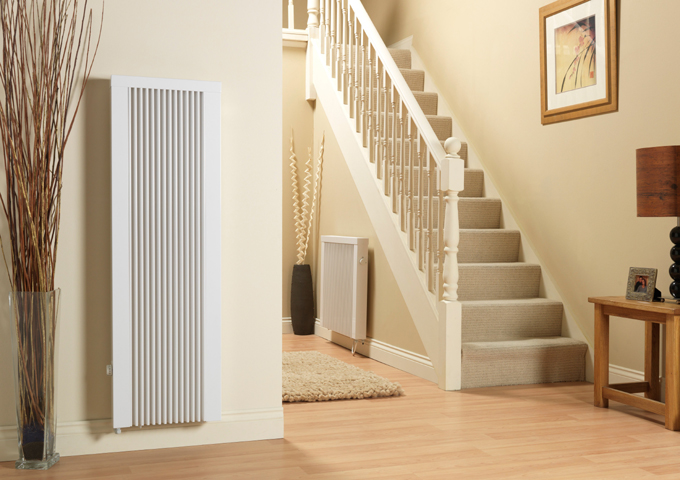The summer is yet to come, but as witnessed in April, freezing temperatures haven’t completely disappeared. This is the time when you want to shut down the central heating but still need a good heat source in your home. You should consider investing in a stand-alone heater. There are several types of heaters, including portable and wall-mounted ones, and you could choose one based on your needs. These are independent heaters, as you can use them to heat particular rooms without the need to switch on central heating.
With that said, there are electric heaters as well as gas heaters, and you must be wondering how to choose one. Which one is more durable? There are several factors to consider, but if durability is the main criterion, our preference would be an electric heater. Here are a few reasons:
Moving Parts Reliability
Electric heaters are simple. There are several options, such as radiant heating, fans, and convectors. Since electric heaters do not need to combust anything to generate heat, their operation is more straightforward as compared to gas heaters. It makes them easier to maintain, and this is why you will find excellent warranties on many electric heaters.
Safer and Durable
All kinds of gas heaters, whether it is a fireplace, a regular heater, a kitchen hob, or a central heating system, pose a risk to health and safety. Gas heating is not only a fire hazard; it also creates the additional risk of carbon monoxide poisoning. When gas isn’t combusted completely, it leads to the production of carbon monoxide. Carbon monoxide exposure is dangerous and may lead to headaches, shortness of breath, dizziness, blurred vision, and even complete loss of consciousness. In fact, prolonged exposure to carbon monoxide may be fatal.
This is the reason it is recommended to have a carbon monoxide alarm wherever gas appliances are used. Additionally, annual servicing is a must for all kinds of gas appliances, which is not the case with electric appliances. Annual servicing by a Gas Safe registered engineer makes sure that the gas appliance is safe and working efficiently. Naturally, this annual maintenance costs money, and if something isn’t working, you can’t repair it yourself, which means you will have to replace it.
Central heating really is the ultimate luxury, and it’s definitely one we’ve come to expect as standard within homes. The cost to install an electric heating system will vary considerably, depending on whether you’re renovating an existing system, or putting a heating system into a new build.
Flexibility with Placement
You may buy only a single heater for use in a particular room, but it is likely that you will want to use that heater in various rooms at various times during the year. If you opt for a gas heater, you will face a lot of issues as you can’t use them everywhere, which is not the case with electric heaters as you only need to plug them into work.
Gas heaters are heavier and not easy to handle which means you will find it difficult to move them from one room to another. Also, their placement is limited by their safety profile. Gas heaters are a safety hazard, especially for pets or children as they shouldn’t get too close to them and you also need to have a carbon monoxide alarm wherever you are using a gas appliance.
On top of that, it is important to keep the room well-ventilated whenever a gas heater is on. Gas heaters not only create the risk of carbon monoxide poisoning, but these heaters also produce condensation, which could create dampness and mold problems after some time. Since you will need to ventilate the room whenever you are using a gas heater, it creates another issue, as heaters are typically needed when you are feeling cold and wouldn’t want to keep a window open for ventilation.
Functionality and Durability
Modern electric heaters are equipped with a wide range of programming features that offer a lot of flexibility, and they are also more durable. Here’s a list of some features that should be there in an electric heater, and it is unlikely that you will find these features in most gas appliances.
